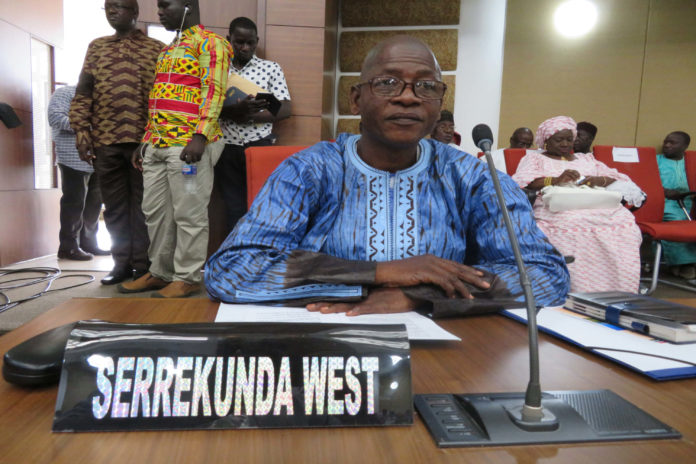By: Muhammed Lamin Drammeh
The National Assembly Member (NAM) for Serre Kunda West, Madi Ceesay, has introduced a Rent Amendment Bill for 2023, which aims to regulate prices and make monthly rent payments more affordable in The Gambia.
The bill seeks to improve and amend the existing Rent Act of 2014.
Honourable Ceesay believes the bill will make rent affordable for low-income residents and control price hikes.
Explaining the objectives and reasons for introducing the bill, Ceesay noted that the bill seeks to reduce the burden of paying six or more months of rent fees for low-cost rents for tenants.
“This bill seeks to improve on the Rent Act of 2014, by raising the value specified low cost of rental premises such that it is in line with contemporary times and as well as enables ordinary persons to afford to pay [their] rent monthly rather than face the burden of paying for six or more at any given time,” he said.
He believes that the increase in rent fees should be carefully considered so that neither tenants nor landlords are negatively impacted. A reasonable yearly percentage increase should be allowed.
In the 2014 Rent Act, the rent cost is divided into low cost and high. A rent fee of one thousand to three thousand dalasi is payable monthly, but any amount above three thousand is considered a high cost, which is paid for six or more months.
However, according to Ceesay, the 2023 Rent Amendment Bill seeks to change the low cost from D1,000 to D3,000 to D7,000 as low cost. Meaning, any rent fee from D1,000 to D7,000 can be paid monthly to give low-income earners an easy way of paying rather than paying six months at once.
In terms of giving notice to tenants to leave the property, the Bill addresses the issue as it entails a written notice to be given to the tenants 90 days prior, instead of giving notice of eviction in a short period.
The bill proposes a yearly 5% rent hike to regulate rent fees.
However, Suwaibou Touray, the National Assembly Member for Wuli East, questioned the feasibility of this annual increment. He argued that it may not be feasible for salary earners whose salaries may not increase by 5% annually.
He, however, gave his blessings to the bill, as well as other NAMs considering the impact of high rent costs on ordinary residents in their different constituencies.




